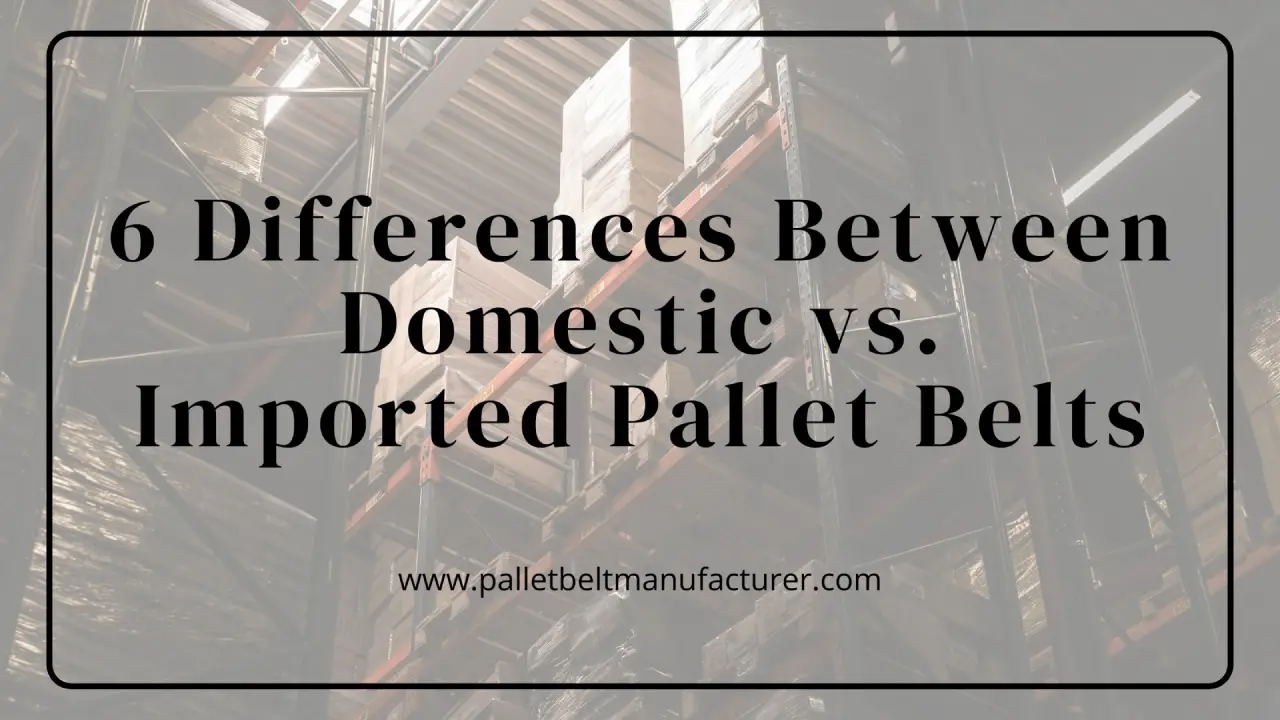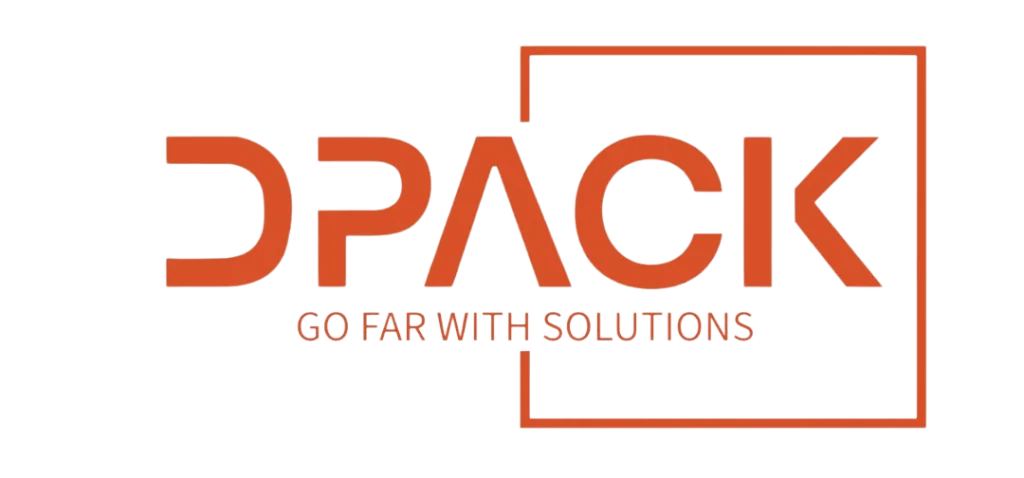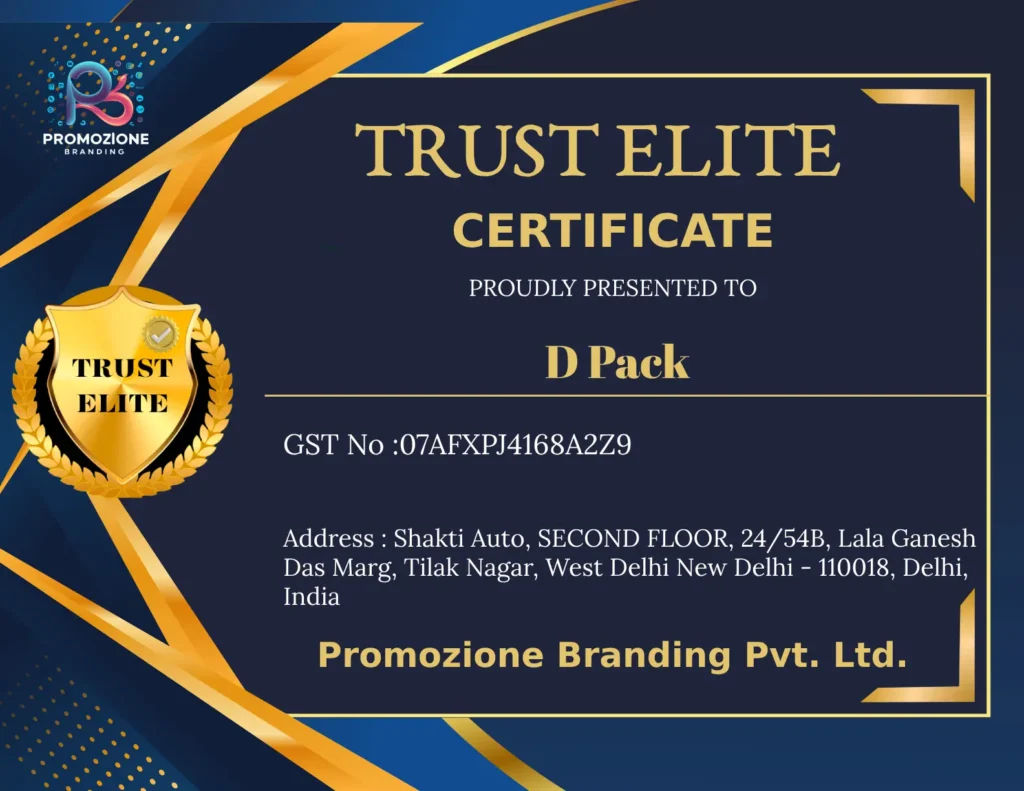
6 Differences Between Domestic vs. Imported Pallet Belts
Selecting pallet belts appropriately is essential to protecting your product in storage, as well as in transit. One question that many buyers regularly contend with is: Should we stay domestic, or ship belts that are imported from outside the country?
As a major Pallet Belt Manufacturer in India, DPack has worked with clients from many different industries who were faced with this same decision-making process. While imported products seem appealing and cost-effective on the surface, many hidden nuances can impact the cost-effectiveness, the reliability, and ultimately, the customer’s satisfaction long term.
Below are 6 differences between domestic pallet belts and imported pallet belts that procurement teams should analyze:
1. Quality Control & Standards
Domestic (DPack):
As a local Pallet Belt Manufacturer, we follow BIS and ISO manufacturing standards that fit into India’s packaging and logistics landscape. The quality checks are done in-house at different stages of production, i.e., from yarn strength through to the final belt weave and stitching.
Imported belts:
Imported belts can be tested to foreign standards; however, they usually don’t test for Indian warehousing conditions (humidity, handling machinery, temperature fluctuations). Once the product leaves the manufacturer’s hands, you have limited control over the quality of production.
2. Lead Time & Delivery Speed
Domestic:
Local manufacturers like DPack offer significantly faster turnaround times. Whether it’s an emergency reorder or a custom-size request, we can dispatch within days, not weeks.
Imported:
International shipments can take 3–6 weeks or more, especially with customs clearance, port delays, or global supply chain disruptions.
3. Cost Transparency & Hidden Charges
Domestic:
With DPack, pricing is upfront with no surprises. You don’t have to worry about FX rate fluctuations, duty structures, or additional documentation costs.
Imported:
Landing costs can spike due to hidden freight, customs, demurrage, and handling fees. What looks “cheaper” online often turns out to be more expensive by the time it reaches your warehouse.
4. Customization & Flexibility
Domestic:
Need a specific width, color-coded batch, or branded print on your pallet belts? We at DPack offer full customization, often at no MOQ. You can even visit our facility in India to co-develop your belt design.
Imported:
Customization may be restricted by standard SKUs, high MOQs, or language/communication barriers. Plus, making changes once production starts is rarely feasible.
5. After-Sales Support & Warranty
Domestic:
Working with a local Pallet Belt Manufacturer means you can call, visit, or get technical support easily. At DPack, we provide warranty-backed belts and even help clients with load testing and training.
Imported:
Once the shipment is done, after-sales service is often minimal or non-existent. Returns are hard, and resolving product defects across borders is time-consuming and costly.
6. Sustainability & Local Impact
Domestic:
By sourcing from Indian manufacturers like DPack, you’re not just supporting Make in India — you’re also reducing carbon emissions from long-distance shipping and creating local jobs. We even offer eco-friendly pallet belt options made from recycled PET.
Imported:
Long-haul transport adds to the carbon footprint. Plus, imported belts often come in excess plastic packaging that contradicts most ESG or sustainability goals.
Final Thoughts
Imported pallet belts might seem appealing on price at first glance, but domestic manufacturing delivers superior value in terms of service, speed, customization, and long-term savings.
At DPack, we’re proud to be a Pallet Belt Manufacturer that Indian industries trust — from FMCG to logistics and e-commerce. Our commitment to quality, reliability, and customer-first support makes us a true partner in your supply chain success.


